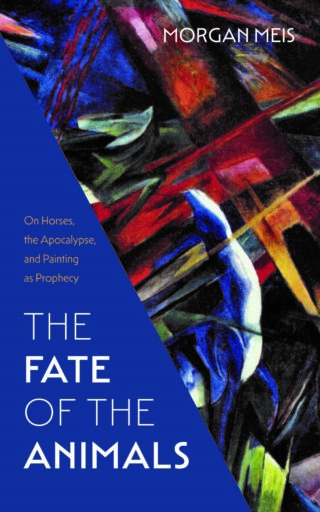

This is a book about a girl who left home without quite meaning to. One evening, doing her algebra homework, the sixteen-year-old abruptly realizes the tight-knit fundamentalist community she has been raised in may not have all the answers it claims to have. Then what to do with her familiar, immersive life: Sunday School, church, prayer meetings, vacation Bible school, mother-daughter banquets, midnight vigils, revivals, and car washes?
| Hardcover | ISBN 9781639821457 | $36.00 |
| Paperback | ISBN 9781639821440 | $20.00 |
| eBook | ISBN 9781639821464 | $12.99 |
This is a book about a girl who left home without quite meaning to. One evening, doing her algebra homework, the sixteen-year-old abruptly realizes the tight-knit fundamentalist community she has been raised in may not have all the answers it claims to have. Then what to do with her familiar, immersive life: Sunday School, church, prayer meetings, vacation Bible school, mother-daughter banquets, midnight vigils, revivals, and car washes?
In college, she discovers the language of poetry. It offers a path—through metaphor and imagery—that transcends the literalism and insularity of her childhood. Ahead of her lies a career as poet, playwright, essayist, and teacher.
Leaping from the Burning Train tells this story in loving and exuberant detail, without the self-righteousness that sometimes accompanies contemporary memoirs by those who have left conservative Christianity. Throughout her journey, including an early acquaintance with death and grief, the figurative language of poetry remains Jeanne Murray Walker’s constant companion. And that language, over time, sustains her in a deepened, more authentic form of the faith she never abandoned.
An ode to reading and writing, lurking inside an account of questing faith—or perhaps the other way around. Why read spiritually-minded prose by a poet? Because the poet tells us that Alice Munro’s short stories have been, for her, a means of grace. Because she tells us that reading is a sacrament. That we might “quarry our own lives for images instead of buying. . .ready-made ones.” I feel lucky to be Jeanne Murray Walker’s friend. I feel even luckier to be her reader.
Lauren Winner, author of The Dangers of Christian Practice
Nowadays, when dark, Dickensian memoirs about growing up in fundamentalism abound, Jeanne Murray Walker’s loving look backward at the community that raised her is both enthralling and inspiring. She manages to honor those she refers to as “my people,” while offering up—sometimes sorrowfully, sometimes hilariously, but always in gorgeous and incisive detail—the actual facts of the matter. I am grateful for this achingly beautiful book.
Paula Huston, author of A Land Without Sin and The Hermits of Big Sur
Jeanne Murray Walker’s poetic insights and her detailed, dynamic, and often self-revelatory prose, show us as a writer we need to know and honor. This memoir is more than a chronicle of an entrance into a life of poetry; it is a significant addition to the literature of spirituality.
Luci Shaw, author of Revering Entropy and An Incremental Life
To many a believer a loss of faith is not just a change of intellectual cargo, but a heart-fracturing grief. Jeanne Murray Walker came to see that the problem was not faith itself but the cramped semantic system in which it was encoded. Charm and humor brighten this account of a lively mind moving from a claustrophobically limited fundamentalism to a faith that could embrace all her life experience.
Stephanie Kraft, translator, Stone Tablets